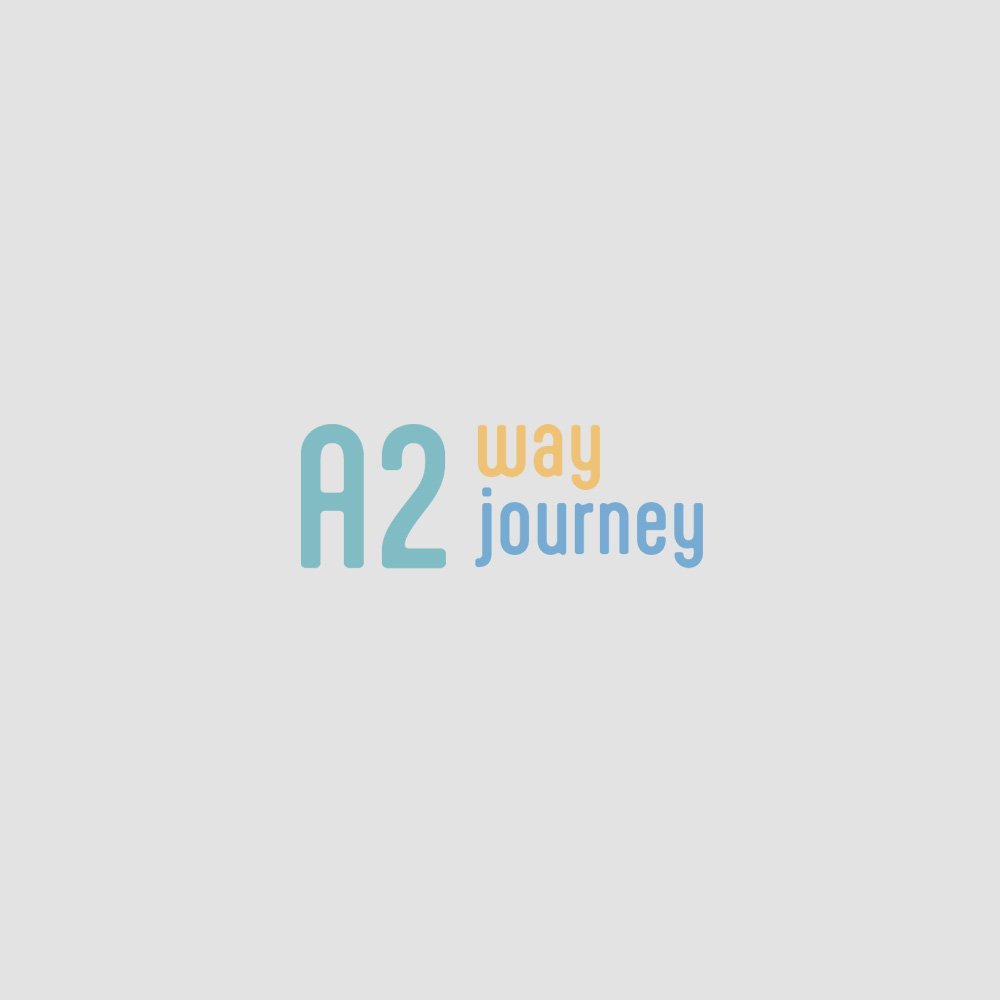
Hi everyone! We’re Bruno, Nuno, and Mathias, and we’d like to share what we’ve learned about social responsibility through our experience in the “A Two Way Journey” volunteer project here in Ankara.
When we first joined the project, we thought our main role would be to lead workshops for Ukrainian refugees. But very quickly, we realized that this experience was about much more than that. It was about learning to take responsibility—not just for ourselves, but for the community we were helping to build.
Social responsibility isn’t something distant or formal. It shows up in everyday moments. Like when someone notices a newcomer sitting alone and makes the effort to talk to them, even after a long, exhausting day. It’s not about asking, “What do I get out of this?” but rather, “What can I give?”
Some of the clearest examples of this came from the children. They often understand kindness and fairness better than adults do. We saw one young boy share his last cookie with another child without hesitation. A nine-year-old girl started collecting toys for newly arrived kids, saying, “I have many toys, and they don’t. That’s not fair.” Moments like these reminded us that the core of social responsibility is simple: care for others.
Of course, this journey hasn’t been without its challenges. Sometimes, we were so eager to help that we didn’t stop to ask whether our help was actually needed. And cultural differences added layers of complexity—learning to interpret silence, for example, is still something we’re figuring out. Does it mean agreement? Discomfort? Fatigue? We’re slowly learning to read these subtleties and respond with more empathy.
After several weeks in this project, we’ve come to understand that social responsibility isn’t just a one-time act. It’s a way of living. It’s holding the door open, offering your seat, or simply being kind when someone looks down. As one of our teammates put it, the real shift happens when you stop asking, “What can I do for volunteering?” and start wondering, “How can I live more responsibly every day?”
Bit by bit, we’re learning what it means to build bridges instead of walls—and that’s probably the most valuable lesson this experience has given us.

